How the Clean Water Act could become a Dirty Water Rule
The rule proposed by the Trump Administration is unsupported by scientific evidence, was promulgated with little public input, and is being rushed through the rulemaking process with limited opportunity for public comment.
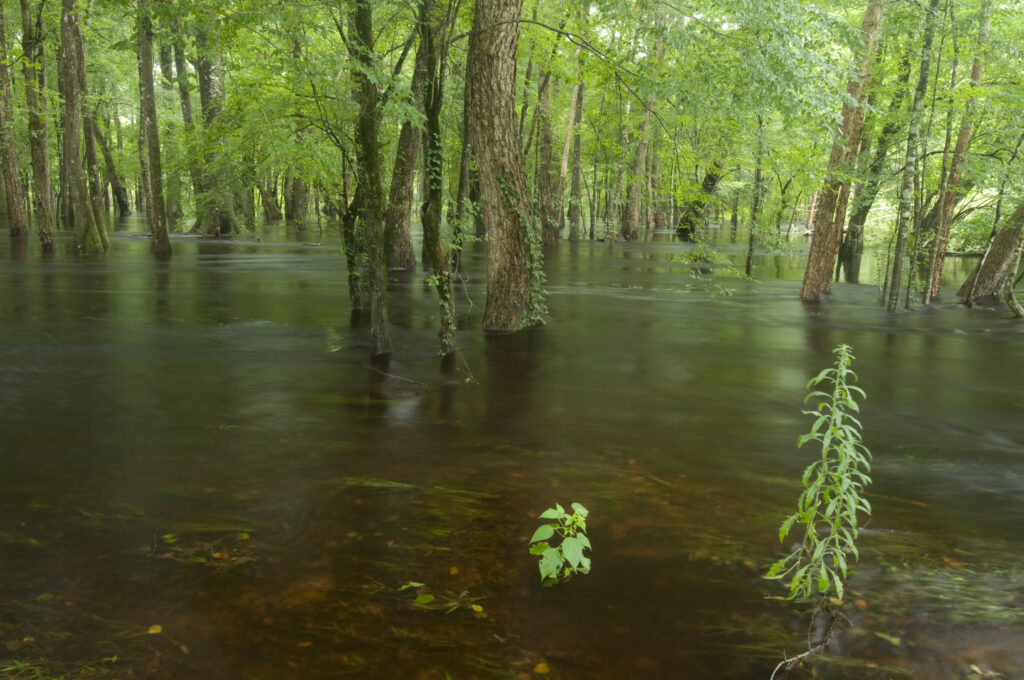
On February 14, the Trump Administration published a proposed federal rule that would roll back protection for streams and wetlands across the United States. But we don’t have this accept this awful valentine — Write to the Administration today and let them know that you support healthy rivers and clean water. Urge the Environmental Protection Agency (EPA) and U.S. Army Corps of Engineers (the Corps) to abandon this “Dirty Water Rule.”
The story behind this rule is a little complicated. Here’s the background:
The extent of the jurisdiction of the Clean Water Act (the Act) over the nation’s waters has been contested almost since the Act was passed into law in 1972. Opponents of the Act – associations purporting to represent developers, agricultural interests, and industry groups – seek to narrow the Act’s application, leaving as many of the nation’s streams and wetlands as possible beyond the law’s reach. Conversely, champions of rivers, wetlands and clean water – like your friends at American Rivers – argue that the Act’s call to protect the “waters of the United States” extends to the small streams and isolated wetlands that are so vital to clean water and the health of freshwater ecosystems. After all, we can’t adequately protect the waters of the U.S. if we ignore the small streams and wetlands from which they spring.
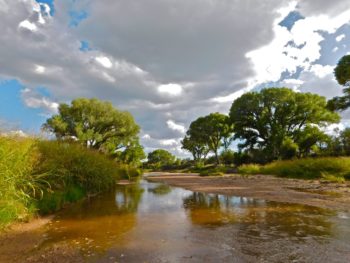
San Pedro River | Photo by Steve Sprager
After two convoluted Supreme Court rulings created tremendous uncertainty about the extent of the Act’s reach, the Obama Administration engaged in a lengthy rulemaking process to clarify the authority of the Act to protect small streams and wetlands that are so important to river health and contribute to the drinking water supplies of one in three Americans. Following years of painstaking scientific, economic and legal analysis, hundreds of public meetings, and a comment period that produced over a million comments, the “Clean Water Rule” was adopted, reaffirming the Act’s broad authority. Shortly after taking office, President Trump and then-EPA Administrator Scott Pruitt launched an effort to sweep away this carefully crafted rule and once again expose hundreds of thousands of miles of small streams and wetlands to unregulated pollution and degradation.
The latest salvo in this effort is the new Dirty Water Rule proposed on Valentine’s Day. The proposed rule would strip the Act’s protection from ephemeral streams (those that flow only a short time after heavy rain and snowmelt) that are particularly important to fragile freshwater ecosystems in the desert Southwest and other arid parts of the country. Moreover, the proposed rule would throw into doubt the Act’s protection of intermittent streams, those that run only at certain times of the year.
Wetlands with no apparent surface connection to other nearby water bodies would lose protection as well. This would abandon decades of previous regulatory practice and potentially expose up to half of the nation’s wetlands to pollution and degradation unrestrained by the Act, including prairie potholes, vernal pools, coastal prairies, and other important natural features of the American landscape.
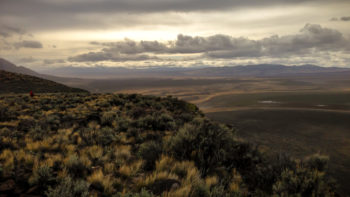
Warner Wetlands, Oregon | Photo by Greg Shine, BLM
In contrast to the existing Clean Water Rule, the rule proposed by the Trump Administration is unsupported by scientific evidence, was promulgated with little public input, and is being rushed through the rulemaking process with limited opportunity for public comment. That’s why it is so important that you make your voice heard right now. The comment period runs only until April 15.
American Rivers and other champions for clean water worked for many years to put the existing Clean Water Rule in place. Over one million comments supported that effort. Now we need a similar outpouring, this time in opposition to the Trump Administration’s Dirty Water Rule. Follow this link to an action alert and draft letter that you can use to submit your own comments on this ill-conceived rule.
Streams and wetlands are the cradles of rivers, helping to gather and deliver water downstream, preventing flooding, filtering pollution, and serving as nurseries for fish and wildlife. Though flows or surface connections may not be readily apparent, scientists, water managers, anglers, hunters, paddlers, and nature-lovers of all kinds know how important small streams and wetlands are to healthy river systems. Let’s make sure they’re protected. Send a letter today urging the EPA and the Corps to withdraw the proposed Dirty Water Rule.
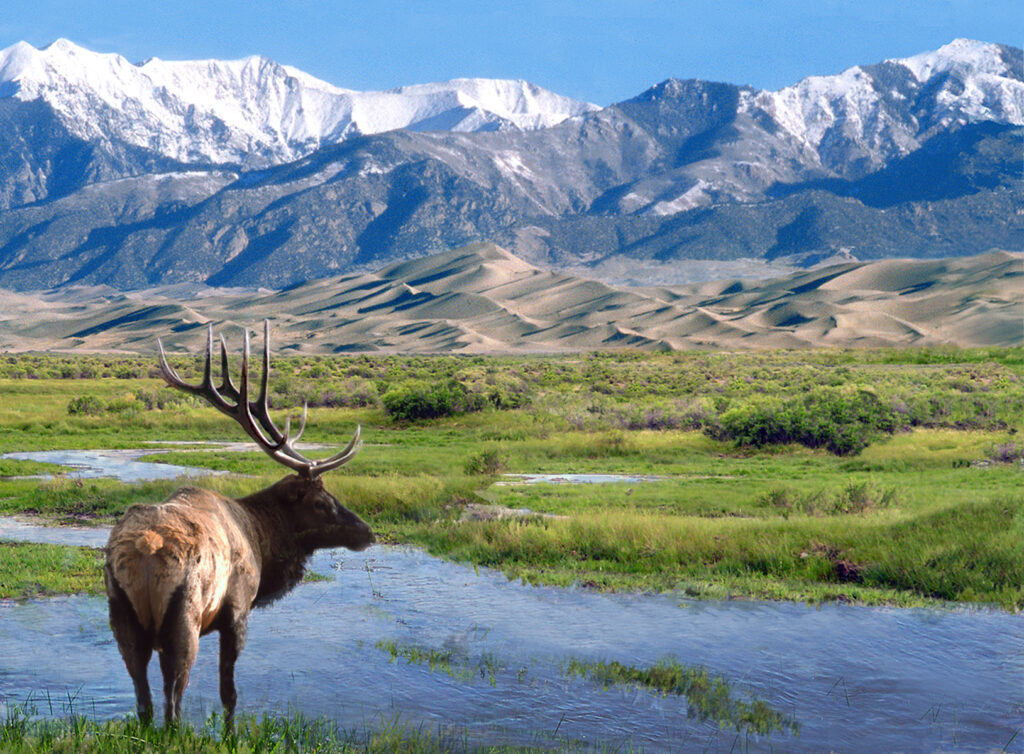
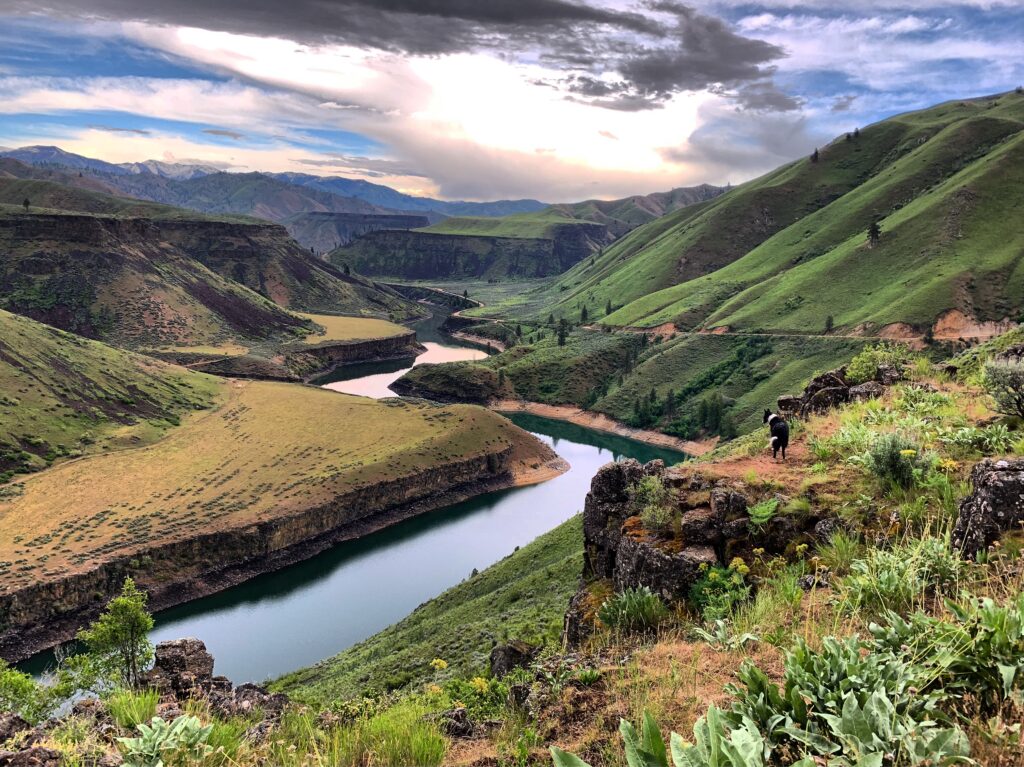
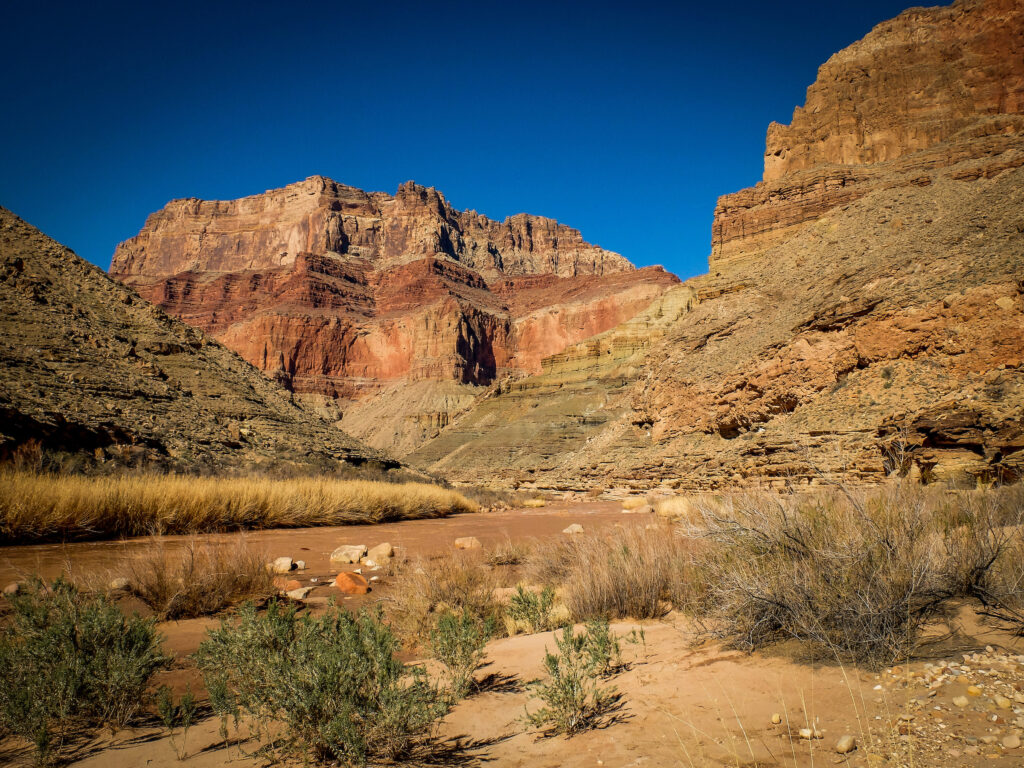
7 responses to “How the Clean Water Act could become a Dirty Water Rule”
Way to go, Paige! Nail on the head. States don’t need DC to protect their water ways. This is what state governments are for. EPA has done 5x more damage than good. #animasriver
Shame on you, American Rivers, for using scare tactics to manipulate funding from uninformed people. Your sue and settle methods of regulating OTHER people’s lives and property and bilking millions from taxpayers might be in jeopardy with an administration which is not inclined to allow YOU and other environmental groups to continue to run amuck as de facto legislators and regulators. If all those EPA regulations you claim are so necessary are not deemed a priority by the majority of Congress and enacted into law, perhaps they aren’t necessary and ARE overburdensome and DO need to be rolled back. No one WANTS dirty water, but declaring every mud puddle a wetland does not create clean water. Your policies destroy environments. You have killed thousands of deer and other wildlife in Mississippi in 2019. Show us the science to back up your claims. We can show you the devastating results of your “handiwork” based on your disinformation and propaganda. You are not FOR clean water, you are FOR high salaries for your legal team. Your lies have consequences and the most vulnerable victims are wildlife. The dead deer, alligators, turkeys, turtles, and rabbits you have driven from their habitats and starved to death is a horrific sight to witness. I invite you to come to Mississippi and see for yourself what you’ve done. THEN we can discuss what you’d like to see changed going forward. For now, we here in MS most definitely want to rollback your failure and protect our wildlife and their habitats that you have decimated.
Do you only post comments which are in agreement with your agenda? Mine disagreeing have not appeared!
If these were truly legitimate rules, Congress would enact LAWS to make them permanent. Obviously they are “whims” of a liberal administration which are susceptible to the whims of undoing by subsequent administrations. Previous EPAs have been run by groups like yours using the “sue and settle” method to establish rules and as fundraisers for you and your attorneys. We who are most affected by your ridiculousness say ENOUGH…we no longer want to pay YOU to make rules from your urban offices for us to be imprisoned by. Good for Trump’s undoing of your overburdensome rules!
I was so frustrated seeing this proposal. As an international student coming from China, I have seen environmental tragedy sweeping my country due to lack of regulations and restrictions. Thus, I firmly believe that the “Dirty Water Act” should be blocked, for the sake of all beings living in the land of America.
When my parents came to move my grandfather from the home in a rural field where he had lived for decades, he looked back, then gave a deep sigh. For years, my family had tried and failed to persuade the old man to part with his beloved field. However, when his well could no longer pump clean water, he finally gave my parents a call and agreed to move to the city.
My grandfather’s story is all too common. As pollution has invaded China’s rural areas, more and more people are being driven from their homes to escape an unlivable environment. Soaring economic development and industrialization brought wealth to China, but at a great cost to the environment. Now, at least 70 percent of lakes and rivers in China are polluted, but little is being done to save the country’s dwindling water resources and keep the problem from getting even worse.
As a witness to this unfolding tragedy in my home country, I’m dismayed to see a similar circumstance unfolding here in the United States. In recent months, the Trump administration has proposed a major roll back to the Clean Water Act, which would expose almost one third of the United States’ water to potential pollution. Such a roll back would lead to horrible consequences.
The Clean Water Act was adopted in the late 1960s in response to the nation’s rapidly declining water quality, and for the past 46 years this legislation has led for changes and improvements by enforcing absolute prohibition on the discharge of “any radiological, chemical, or biological warfare agent, any high-level radioactive waste, or any medical waste” unless permits are granted.
Now, Trump’s “Dirty Water Act” threatens a half-century of hard-earned progress, depriving at least 18% of streams and roughly half of the wetlands in United States protection under the law. In some regions, the circumstances are far worse. For example, close to 40 percent of the length of streams will lose protections in arid western states. In the Pecos River Basin, which spans parts of New Mexico and Texas, up to 91 percent of streams and 62 percent of wetland acres will be excluded, and exposed up to the threat of unchecked pollution.
While the overzealous bureaucrat in EPA arguing on behalf of the polluting industries by exploiting the image of small farmers and claiming them struggling with restrictions set by the Clean Water Act, they made no attempt of informing public that farm operations are almost entirely exempted from the regulations set by Clean Water Act. On the contrary, the tremendous benefit generated by keeping water unpolluted was completely overlooked. Clean water is the essential drive of many recreational businesses like farmers, hunters, and anglers—anglers alone generate roughly $125 billion annually–supporting millions of jobs as well as generating great economic profits.
Doing nothing to better the economic, the proposal carries catastrophic consequences by opening up essential waterways to unfettered pollution. Nearly half of the nation’s wetlands will be exposed to pollution. The proposal will also strip protections from “isolated, disconnected and temporary waterways”, which are actually essential aquatic networks that transmitting substances among the myriad of interconnecting water networks as well as filtering pollutants, and recharging groundwater reserves.
America does not want to go back to the era of dirty water and littered environment, and we need to be doing more, not less, to protect clean water. Going from one country to another and remembering how my childhood paradise-my grandfather’s field-taken over by stinking ditches, I don’t want to see such environmental tragedies expanded any further. EPA must abandon the Dirty Water Rules, protecting our society and striving for a better environment where all of our families and communities live in.
Rainwater harvesting is the best way to save water and reuse it for fututre betterment, but lots of us doesn’t know about it.
Inquire about rainwater harvesting cost in india
Thank you for standing up for clean water! I’m in complete agreement with your post. This Dirty Water Rule pairs nicely with administration moves to stall regulations related to PFAS and PFOA contamination, and planting major pollution offenders in administrative roles.
While we fight to protect clean water rules, we also must take steps to ensure our tap water at home (and fountain water in schools) is safe to drink. For now, we can neither trust, nor wait on government to guarantee drinking water safety. Thank goodness there are ways to filter and test our own tap water and take steps to ensure it’s safe to drink. We’ll need to stay healthy in order to fight for clean water in our streams, rivers, lakes and throughout our watersheds.